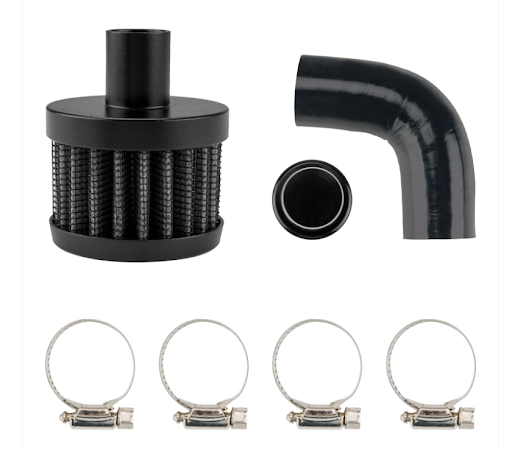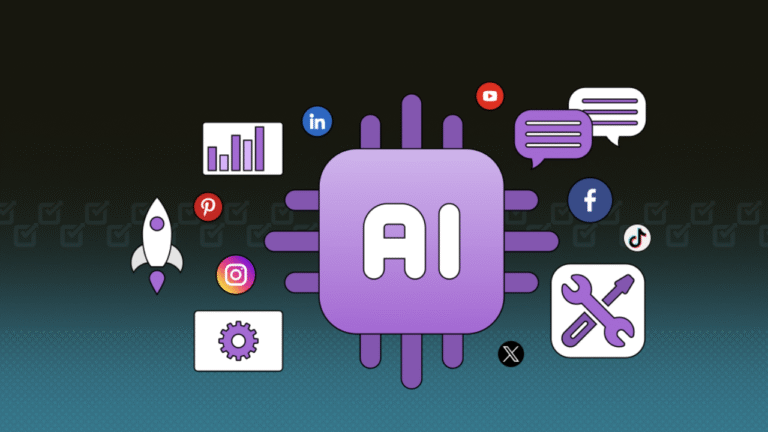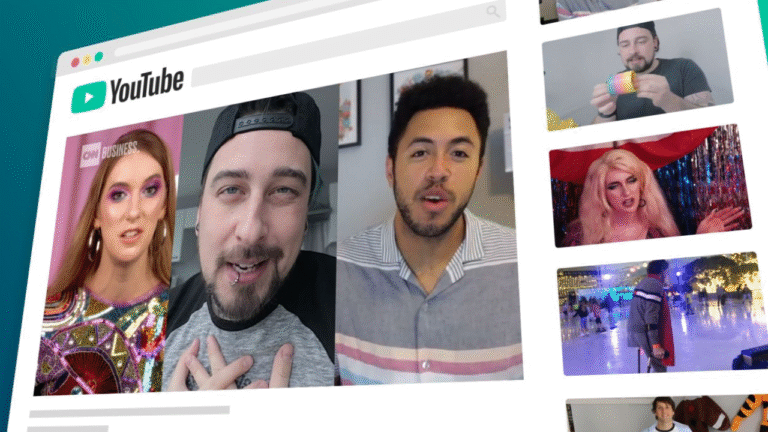Why Gen Z Is Ditching Instagram for BeReal and Lemon8
Instagram was once the go-to platform for self-expression, social validation, and online culture. But in recent years, Gen Z — the digital natives born between the mid-1990s and early 2010s — has been turning its back on the app in favor of newer platforms like BeReal and Lemon8.
What’s behind this quiet rebellion? It’s not just about aesthetics — it’s about authenticity, mental health, and the changing way young people want to exist online.
Here’s a deep dive into why Instagram is losing its grip on Gen Z and how platforms like BeReal and Lemon8 are redefining what social media means in 2025.
The Rise and Plateau of Instagram
Instagram, launched in 2010, became a cultural force throughout the 2010s. With influencers, filters, Stories, and Reels, it turned ordinary users into brands and scrolls into status symbols.
But as the platform grew, so did its problems:
- Over-curated content
- Pressure to be “perfect”
- Declining organic reach
- Over-saturation of ads and algorithmic control
By the early 2020s, Gen Z started to experience Instagram fatigue. The platform began to feel less like a space for sharing and more like a competitive, performance-driven arena.
BeReal: The Push Toward Authentic Moments
What Is BeReal?
BeReal is a photo-sharing app that prompts users once per day at a random time to post a photo using both the front and back cameras — no filters, no staging, no retakes.
It launched in 2020 but took off with Gen Z by 2022–2023. By 2025, BeReal has solidified its role as the anti-Instagram.
Why Gen Z Loves It:
- Realism Over Perfection: There’s no time to pose or edit. You post what you’re doing right now, even if it’s boring.
- Fewer Social Pressures: No likes, no influencer culture, no follower counts dominating the feed.
- Low Commitment: It’s not about being on 24/7. You engage once a day, then move on.
The Cultural Shift:
Gen Z values transparency and vulnerability. BeReal caters to that by removing the performance layer from social media. It’s raw, spontaneous, and intentionally unpolished — the opposite of what Instagram has become.
Lemon8: The Hybrid Platform Gen Z Didn’t Know They Needed
What Is Lemon8?
Owned by ByteDance (the company behind TikTok), Lemon8 combines elements of Pinterest, Instagram, and blogging. It’s a visual-first app that allows for aesthetic storytelling, product reviews, fashion inspo, and self-expression, but in a format that feels fresh and less competitive.
It gained traction in 2024 and is now popular among Gen Z users who want something more curated than BeReal but less toxic than Instagram.
Why Gen Z Is Interested:
- Balance Between Aesthetic and Honesty: Users post content that’s still pretty, but without the over-commercialized tone of Instagram.
- Niche Communities: Lemon8 is designed for discovery — like-minded people find each other through tags, categories, and content types.
- Micro-Influence Over Celebrity Culture: Users are interested in everyday content creators, not mega influencers.
Lemon8 provides a calmer, slower experience — more focused on creativity, utility, and inspiration than fame or virality.
Instagram’s Core Problems with Gen Z
Despite its efforts to remain relevant through Reels, algorithm updates, and shopping features, Instagram has struggled to regain Gen Z’s trust. Here’s why:
1. Performance Fatigue
Instagram encourages users to post polished, filtered content. Gen Z is increasingly turned off by the pressure to maintain a picture-perfect profile.
2. Algorithm Burnout
The feed is no longer organic or chronological. It’s filled with ads, suggested posts, and influencer content that feels forced. This makes users feel disconnected from their friends and communities.
3. Mental Health Impacts
Studies have shown Instagram contributes to anxiety, body image issues, and social comparison. Gen Z, a generation deeply aware of mental health, is responding by stepping away.
4. Too Commercial
From brand partnerships to in-app shopping, Instagram feels more like a marketplace than a social space. For a generation that values genuineness over promotion, this is a major turn-off.
What This Shift Tells Us About Gen Z
Gen Z is not rejecting social media — they’re redefining it.
They want:
- Authenticity over filters
- Connection over performance
- Mental wellness over validation
- Utility over celebrity
BeReal and Lemon8 are succeeding because they align with these values. Instagram, once the cultural leader, is now seen as a relic of an older internet — one that Gen Z is trying to leave behind.
Are BeReal and Lemon8 the Future?
While BeReal and Lemon8 are trending now, they still face challenges:
- BeReal needs to maintain relevance beyond its once-a-day gimmick.
- Lemon8 must prove it can compete without becoming overly commercial.
But their success so far reveals that the social media landscape is splintering. There’s no longer one dominant platform — instead, users are gravitating toward apps that match specific moods, values, and use cases.
This fragmentation means future platforms must be:
- Intentional, not addictive
- Niche, not mass-market
- Emotionally aligned with the user’s lifestyle
The New Social Media Routine for Gen Z
Here’s how many Gen Z users now divide their time:
- BeReal for real-life check-ins with close friends
- Lemon8 for creative inspiration and lifestyle content
- TikTok for entertainment and discovery
- Instagram occasionally, for DMs or viewing stories
Instagram hasn’t disappeared, but it’s no longer the center of Gen Z’s online world.
Final Thoughts from TheUnfite
The shift away from Instagram signals something bigger: Gen Z is reclaiming control over how they use technology.
They don’t want to be seen — they want to feel connected. They don’t want to chase likes — they want to share meaning. As platforms like BeReal and Lemon8 continue to grow, they’re teaching the rest of the internet a valuable lesson: authenticity is the new currency.
At TheUnfite, we’ll keep tracking how young people are reshaping the web, the culture, and the conversation — one app at a time.





